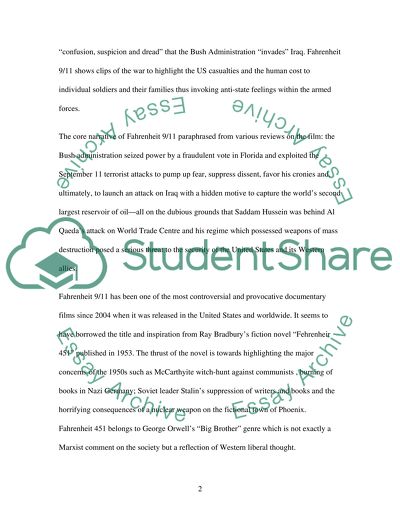Cite this document
(“Critically assess the relevance of Marxist theory to the study of Essay”, n.d.)
Critically assess the relevance of Marxist theory to the study of Essay. Retrieved from https://studentshare.org/miscellaneous/1505677-critically-assess-the-relevance-of-marxist-theory-to-the-study-of-media-texts
Critically assess the relevance of Marxist theory to the study of Essay. Retrieved from https://studentshare.org/miscellaneous/1505677-critically-assess-the-relevance-of-marxist-theory-to-the-study-of-media-texts
(Critically Assess the Relevance of Marxist Theory to the Study of Essay)
Critically Assess the Relevance of Marxist Theory to the Study of Essay. https://studentshare.org/miscellaneous/1505677-critically-assess-the-relevance-of-marxist-theory-to-the-study-of-media-texts.
Critically Assess the Relevance of Marxist Theory to the Study of Essay. https://studentshare.org/miscellaneous/1505677-critically-assess-the-relevance-of-marxist-theory-to-the-study-of-media-texts.
“Critically Assess the Relevance of Marxist Theory to the Study of Essay”, n.d. https://studentshare.org/miscellaneous/1505677-critically-assess-the-relevance-of-marxist-theory-to-the-study-of-media-texts.


